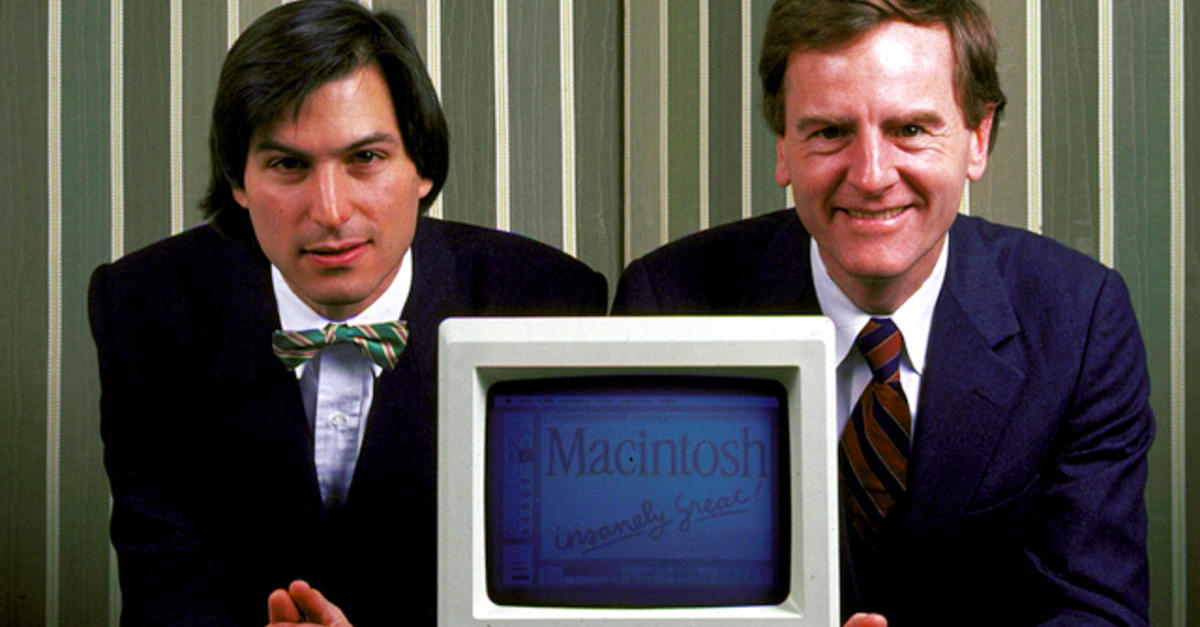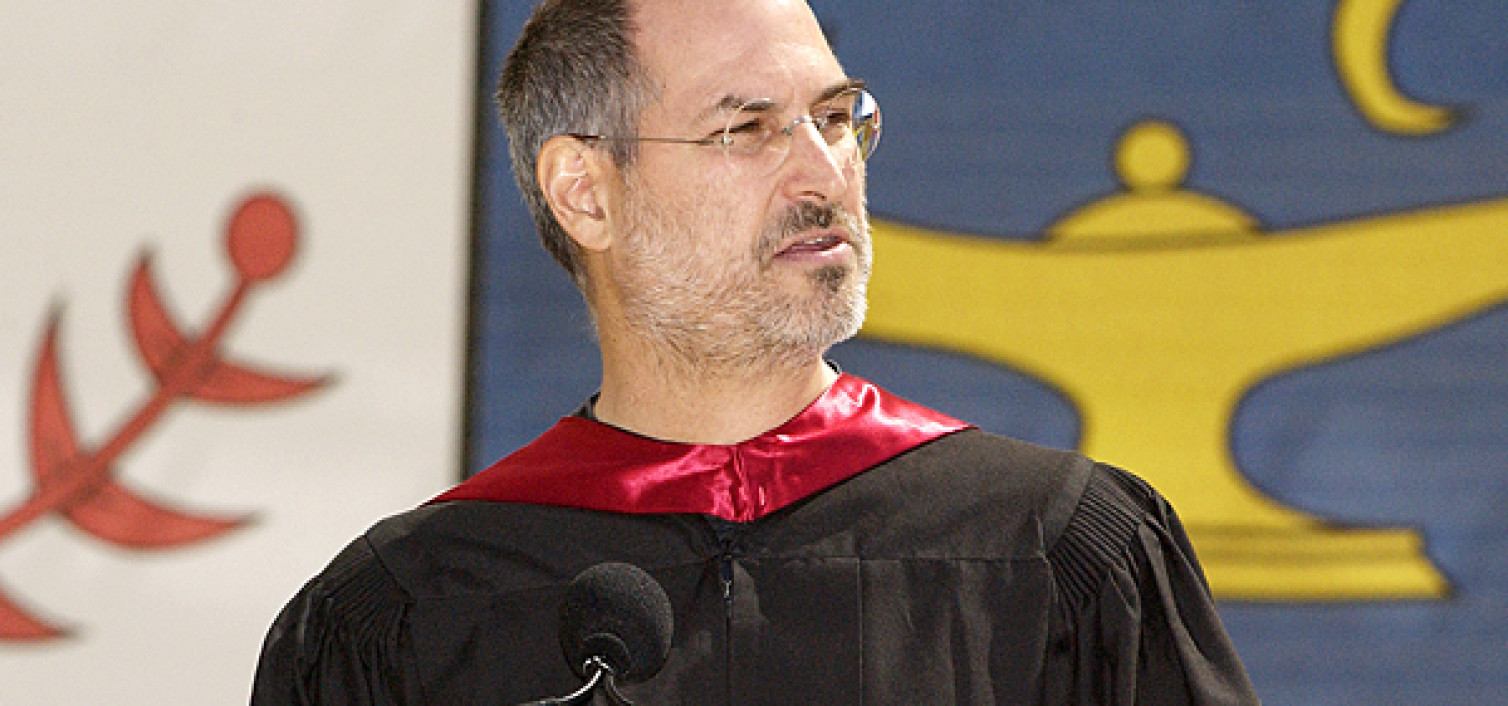Steve Jobs grew up in California as an adopted child of middle-class parents. Stepfather Paul Jobs worked as a mechanic and his upbringing had a lot to do with Jobs' perfectionism and philosophical approach to the design of Apple products.
"Paul Jobs was a helpful person and a great mechanic who taught Steve how to do really cool things," Jobs biographer Walter Isaacson said on the station's show CBS "60 Minutes". During the creation of the book, Isaacson conducted more than forty interviews with Jobs, during which he learned details from Jobs' childhood.
It could be interest you

Isaacson recalls telling the story of how little Steve Jobs once helped his father build a fence at their family home in Mountain View. "You have to make the back of the fence, which no one can see, look as good as the front," Paul Jobs advised his son. "Even if no one sees it, you'll know about it, and it'll be proof that you're committed to doing things perfectly." Steve continued to stick to this key idea.
When then at the head of the Apple company, Steve Jobs worked on the development of the Macintosh, he placed great emphasis on making every detail of the new computer simply beautiful - inside and out. “Look at these memory chips. After all, they are ugly,” he complained. When the computer finally reached perfection in Jobs' eyes, Steve asked the engineers involved in its construction to sign off on each one. "Real artists sign their work," he told them. "No one ever had to see them, but the team members knew their signatures were inside, just as they knew the circuit boards were placed in the most beautiful way in the computer." stated Isaacson.
After Jobs temporarily left the Cupertino company in 1985, he founded his own computer company NeXT, which was later bought by Apple. Even here he maintained his high standards. "He had to make sure that even the screws inside the machines had expensive hardware," Isaacson says. "He even went so far as to have the interior finished in matte black, even though it was an area that only a repairman could see." Jobs' philosophy was not about the need to impress others. He wanted to be 100% responsible for the quality of his work.
"When you're a carpenter working on a beautiful dresser, you don't use a piece of plywood on the back of it, even if the back is touching the wall and nobody can see it." Jobs said in a 1985 interview with Playboy magazine. “You'd know it's there, so you better use a nice piece of wood for that back. In order to be able to sleep peacefully at night, you have to maintain the aesthetics and quality of work everywhere and under all circumstances.” Jobs' first role model in perfectionism was his stepfather Paul. "He loved to get things right," he told Isaacson about him.




